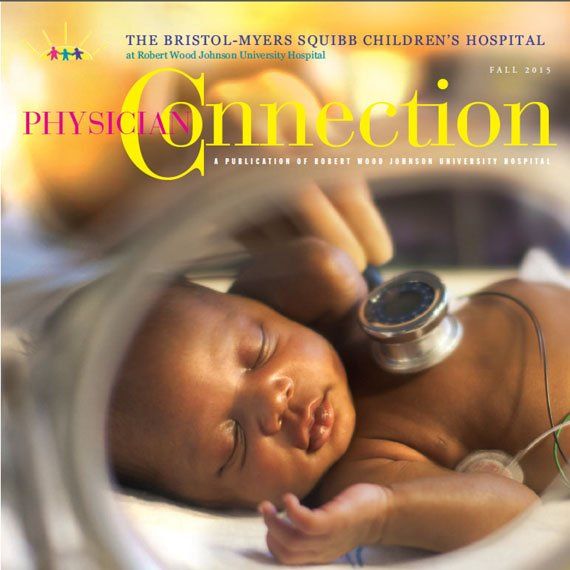Happy Parents Aren't Perfect
Perfection is an unrealistic destination neither you nor your children can ever reach. Life is really, honestly, no kidding, a work in progress…always! Think about it this way: There is no state of perfection on the map and if you continually go looking for it, you may miss the really good stuff – and spoil your trip. Relax and enjoy the ride. At the end of the day, are you really going to say, “Oh goodie. I got through my to-do list,” especially if you haven’t found the time to laugh with or tickle your toddler?
In fact, “perfect” parents and yes, grandparents, (and we all know a few) pay a high price in their quest for perfectionism. Families, however, pay an even higher price because living with someone who wants to achieve perfection is exhausting for everyone.
Perfect parents are never quite satisfied and are the kind of people who hold strong opinions about how they and everyone else ought to be living or doing things. They seem to have an endless list of opinions, suggestions and ideas for everyone on everything from diapers to the care and feeding of families at every turn. You can’t help but disappoint someone who is aimed at perfection.
Are you a “Yes, but” kind of parent? Here’s what I mean by this:
* Your child gets dressed on his own and heading out the door. You say, “ Yes , that looks nice but why don’t you wear the pink sweater with those pants?”
* A report card comes home with three As and two Bs and you can’t stop yourself from thinking or saying outloud, “What happened with those Bs?”
If you are never quite satisfied with your own or your children’s efforts, your kids are less likely to put forth any effort at all soon enough. It’s easier not to try than to be criticized. Get rid of that “Yes, but” approach.
* Give unqualified compliments.
* Always remember: Criticism deflates and diminishes self-esteem.
* To inspire and motivate kids to reach their highest potential, celebrate their efforts.
All families go through periods of dysfunction. But I really believe that children growing up in less-than-perfect households learn to cope better with the pressures of adult life. You don’t need to protect or correct children from every crisis or every mistake.
Remember: Perfection = Stress
Parents sometimes torture themselves in a quest to be consistent. I don’t think it’s really possible to be consistent all the time. Aim for consistently normal. Your child’s world is not going to fall apart because of your mistakes, your moods, your imperfections or your human frailties if you enjoy being a parent more often than not.



















